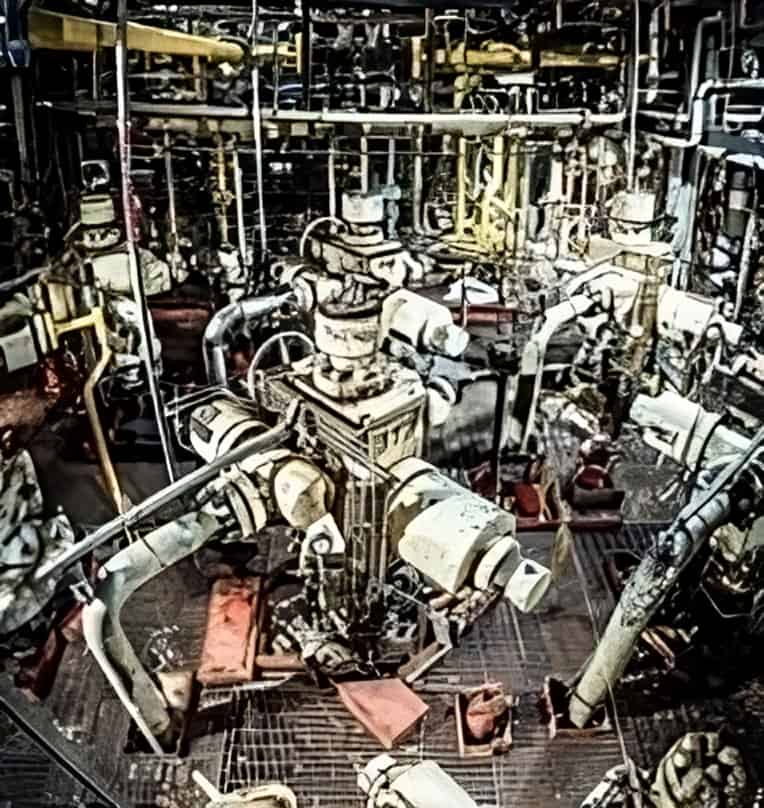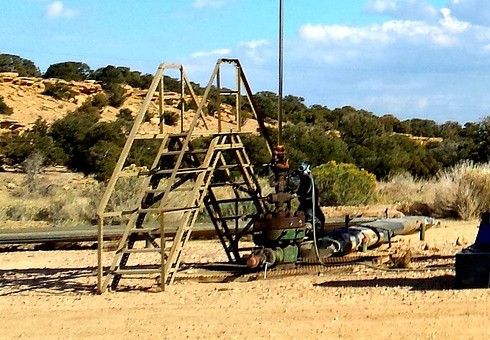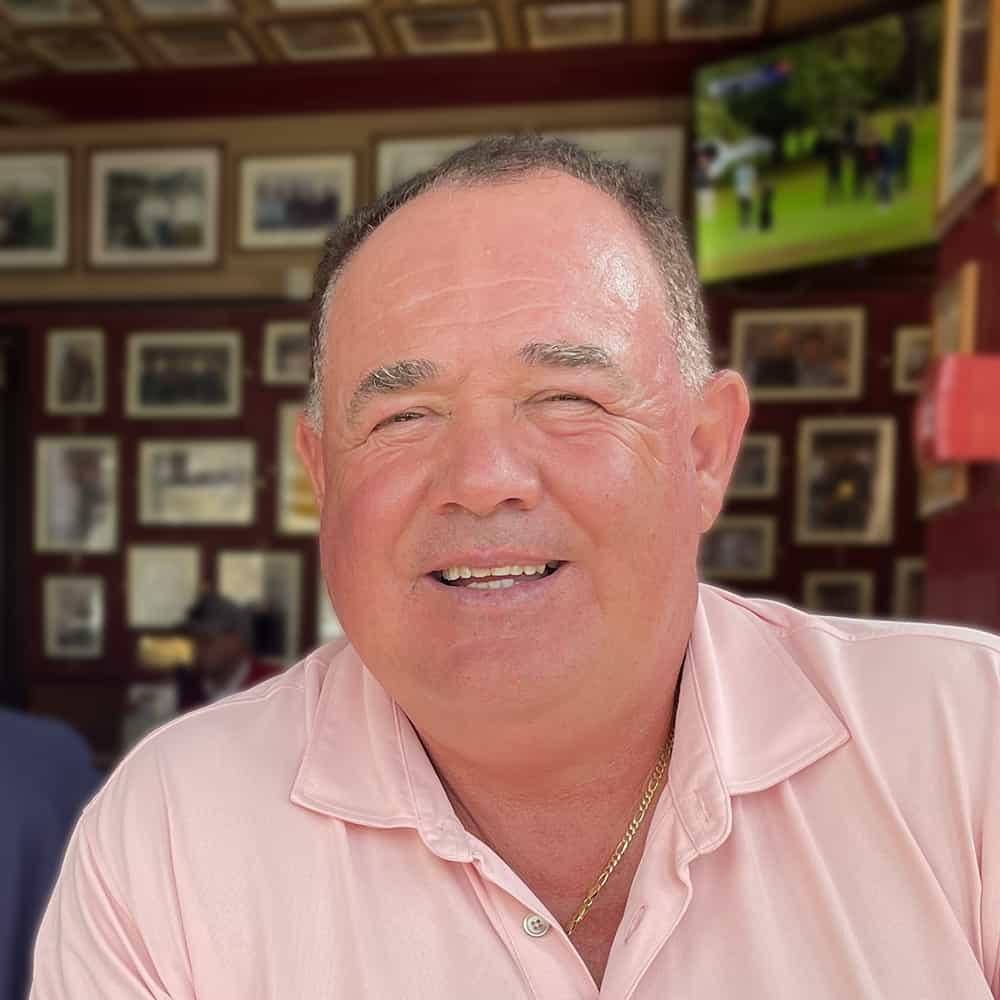© Copyright 2024 Drillers.com all rights reserved. Terms & Conditions Privacy & Cookie Policy Web Design
Well Integrity Case Study: North Sea
This case study examines an International Oil Company's well integrity training initiative in the North Sea, focusing on its assets in the Forties & Beryl Fields. These fields, over 40 years old, presented significant well-integrity challenges, leading to the issuance of several Safety Improvement Notices by the Health, Safety & Environment authorities (HS&E).
This required the development of a comprehensive well integrity training course for all personnel involved in the design, construction, operation, and maintenance of the assets. The report explores the structure, content, and impact of the training program, revealing the company's commitment to enhancing well integrity and safety.
Training Initiative
To address the well-integrity challenges and to follow the HS&E notices, the International Oil Company initiated a bespoke well-integrity training course for its offshore-based production operations personnel. This course was designed to provide an understanding of the principles of well integrity, its application to the company’s well stock, and the critical role personnel have in maintaining well integrity and identifying any potential loss of it.
The course structure covered several important topics such as well integrity overview, well construction, completion types & components for the company’s wells (from an integrity perspective), wellheads & Xmas trees on the company’s wells, handover from drilling to production, well monitoring by production operations personnel, integrity testing and verification, threats to well integrity, and well-integrity management.
To ensure the effectiveness of the training, learning checks were incorporated throughout the course, and practical work sessions were carried out to allow trainees to apply their knowledge to real-world scenarios. The training initiative displayed the company’s commitment to maintaining the integrity of its wells, which is vital for the safety and efficiency of its operations.

Introduction
In the oil and gas industry, the integrity of wells is paramount to ensure safe, efficient, and sustainable operations. This is especially crucial for ageing assets, where the risk of integrity issues increases due to factors such as corrosion, sustained pressure, and general wear and tear. This case study centres on an International Oil Company operating in the North Sea, which faced well integrity challenges with its assets. Responding to these challenges, we started a tailored well-integrity training program for the company, aimed at enhancing the understanding and management of well integrity across its workforce.
Background
An International Oil Company has been operating in the North Sea’s Forties & Beryl Fields for over 40 years. Given the age of these assets, many of the producing wells fall into the over 25-year-old range. The advanced age of these wells presents significant well-integrity challenges due to the increased likelihood of mechanical failures, corrosion, and other associated issues. These challenges came to the forefront when several Safety Improvement Notices were issued by the HS&E.
In response to these notices, it became necessary to provide comprehensive well-integrity training to all personnel involved in the design, construction, operation, or maintenance of these assets, to ensure a thorough understanding of well-integrity principles and practices, as well as to find and address potential integrity issues promptly. Our involvement included detailed training of personnel, with knowledge checks and follow-ups.
Interactive Work Sessions
As part of the bespoke training course, the International Oil Company incorporated three interactive work sessions. These sessions served as practical applications of the course material and fostered critical thinking and problem-solving skills among participants.
In the first work session, participants were tasked with assessing several conditions related to distinct types of wells, with the objective of identifying controls to reduce operational risks. The conditions assessed ranged from natural flowing wells connected to flow stations, to beam-pumped wells and sour high-pressure wells. The second work session focused on well integrity calculations and principles, with a specific focus on Maximum Allowable Annulus Surface Pressure (MAASP) and Trapped Annular Pressure (TAP).
The participants were required to define, calculate, and design for these pressures and understand the risks associated with low shoe strength. In the third work session, participants conducted an in-depth annulus investigation and technical reviews of their wells stock, which included several types of wells with different conditions. They were tasked with ranking risk categories and establishing a recovery plan for current well stock, as well as defining actions for future wells.
Learning Checks
To ensure a comprehensive understanding and retention of the material, the training course incorporated several learning checks throughout the process. These checks served to gauge participants’ understanding of key concepts, company policies, and responsibilities in maintaining well integrity.
The first learning check, for instance, focused on fundamental concepts of well integrity, such as the minimum number of barriers required between reservoir and surface according to company policy, the duration of a well’s life during the operational phase, and the responsibility for ensuring wells are produced within their operating envelope.
Further learning checks built upon this foundation, culminating in the seventh check, which emphasized roles and responsibilities related to well integrity, according to company policy. It tested the understanding of well ownership during different stages, the regular monitoring and recording systems in place for wells, the individuals responsible for recording annulus bleed-down data and identifying abnormal data, and the person responsible for bleeding down any annulus approaching Maximum Operating Pressure (MOP).
Findings and Discussions
The well-integrity training course executed by the International Oil Company revealed valuable insights. As trainees went through the program, their understanding of the principles of well integrity and its importance to the company’s well stock significantly increased. The interactive work sessions played a pivotal role in this, providing them with hands-on experience to identify potential risks, apply well integrity calculations and principles, and design recovery plans for well stock.
The learning checks were instrumental in reinforcing key concepts and ensuring the retention of the material. As a result, it became evident that a systematic, comprehensive approach to well-integrity management was critical to the company’s operations. Trainees were better equipped to understand their roles in maintaining well integrity and could identify and act upon any potential loss of well integrity more promptly.

Conclusion
The well-integrity challenges faced by the International Oil Company, like many others in the industry with ageing assets, highlight the importance of continuous training and development of personnel. The company’s tailored well-integrity training course served as a comprehensive solution to not only address immediate well-integrity issues but also instil a culture of safety and operational excellence among the staff.
From the course structure to the interactive work sessions and learning checks, each component was designed with a clear focus on enhancing the understanding and application of well-integrity principles. This case study demonstrates the importance of such a comprehensive approach in managing well integrity, contributing to safer, more efficient, and more sustainable operations.

Recommendations
- 1. Implement Comprehensive Training
- 2. Incorporate Interactive Sessions
- 3. Regular Learning Checks
- 4. Foster a Culture of Safety and Operational Excellence
- 5. Continual Learning and Improvement

Work completed by: Gordon Duncan
Well Integrity Case Study
Well integrity, Completions, Interventions & abandonment Expert
Gordon Duncan
Do you think that Gordon has something to offer for your project? Perhaps you have something to offer Gordon?
If so, then fill in this webform and Gordon will be in touch with you as soon as possible.
In the message box, please indicate the reason for the enquiry in simple and precise terms.
Privacy notice: Rest assured that only Gordon Duncan, and up to three integral personnel at drillers.com will see your contact details. We won’t distribute these details or add you to any mailing list without your explicit additional consent.

